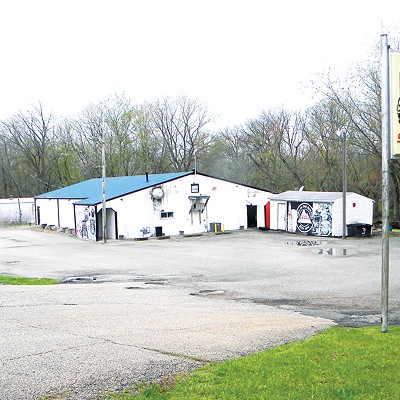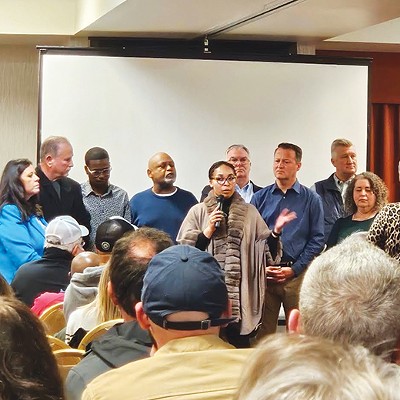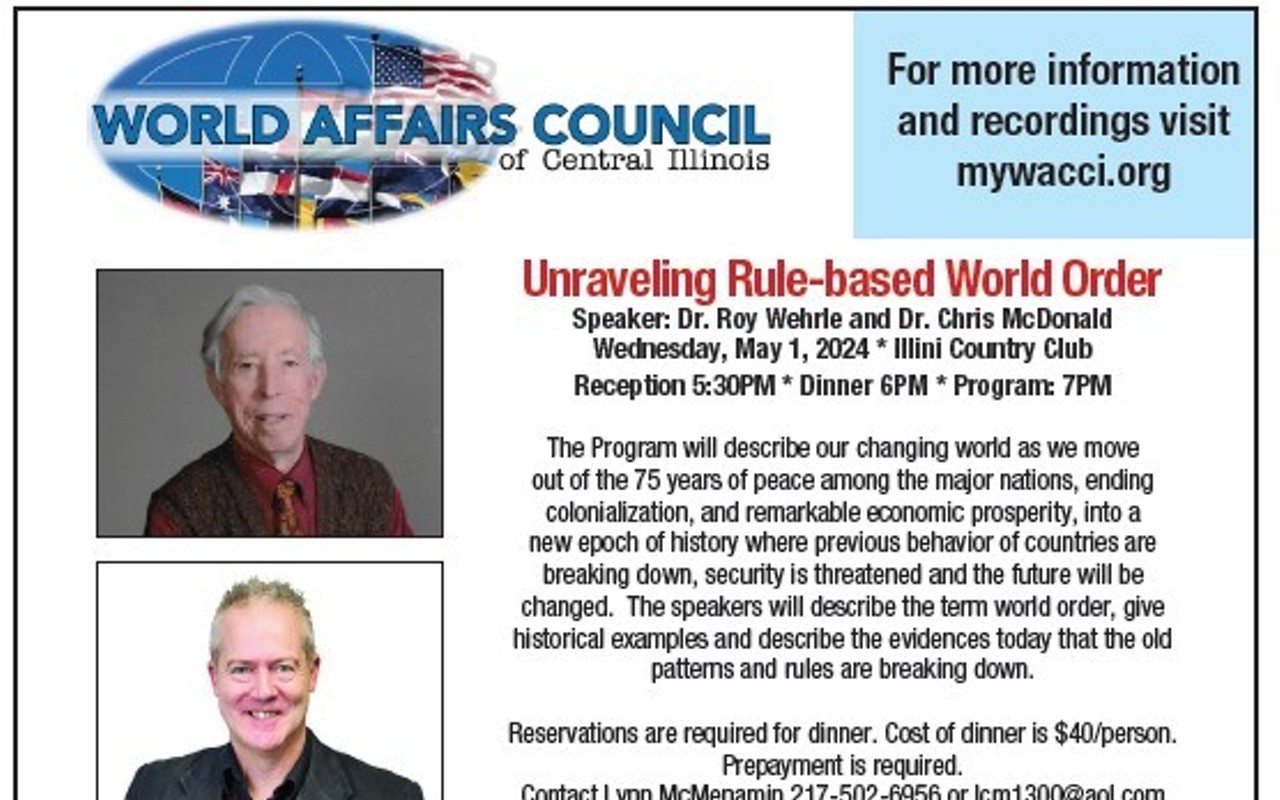LOOPHOLE FOR BACKGROUND CHECKS
With a few computer mouse clicks, Bruce Rushton would know if the Secretary of State’s office had requested a background check on Candace Wanzo, it would have been clean (“Transparency?” Feb.7). How so? Therein lies a tale also played out in the Office of the Executive Inspector General’s report released on April 12, 2018.
In October 2016, a health services investigator I interviewee at the Illinois Department of Financial & Professional Regulation disclosed a 2007 criminal conviction. As a Chicago police officer, the interviewee was convicted of providing confidential data to a gang member. Even though IDFPR personnel saw the conviction online, the Illinois State Police reply to the background check was “A search of the files of this Bureau made pursuant to the UCIA name based inquiry submitted by your agency, failed to reveal any criminal conviction record for the subject in question.”
How so? ISP can only check Illinois criminal records, and the IDFPR interviewee was convicted in federal court. Just like Candace Wanzo.
John Krein
Springfield
UNANSWERED QUESTIONS
Will someone explain why Jesse White hired Candace Wanzo at $7,278 per month after she embezzled $233,000 while working as a cashier at Southern Illinois University in Carbondale (“Transparency?” Feb. 7)? Why was she escorted out of Jesse White’s office, but kept on the Secretary of State’s payroll at the same rate while she sat at home? By the way, is she still at home on the payroll?
Why did the Secretary of State pledge $10 million from his private foundation to build the Jesse White Field House and Community Center, but only gave $650,000? Why did the state of Illinois give that project $11.5 million of our money to cover Jesse White’s pledge? Why does Jesse White’s Foundation office get to use most of the second floor for $1 a year? Why did taxpayer money pay off the foundation’s $1.5 million loan from the First Bank of Highland Park?
Are these unfair or unreasonable questions? If not, where are the answers for the taxpayers of Illinois?
Larry Wedding
Springfield
SEGREGATION CAN AFFECT PROPERTY TAXES
I offer an additional thought on “Segregated in the Heartland” (Feb. 7). The Illinois Department of Revenue computes a PRD (Price Related Differential) for each county; the last in Sangamon County was 1.06. The Department of Revenue says that anything over 1.03 indicates that lower value properties are assessed at a higher rate than high-value properties.
If, as your article points out, black people are disproportionately poor, and if poor people own lower-value homes, it is possible that black people are paying disproportionately higher property taxes than white people.
Further investigation is warranted.
John C. Hamilton
Springfield





















